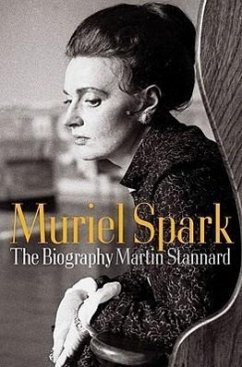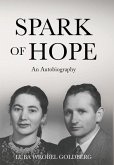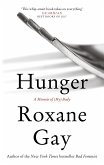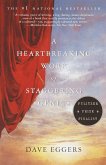Born in 1918 into a working-class Edinburgh family, Muriel Spark became the epitome of literary chic and one of the great writers of the twentieth century. Her autobiography, Curriculum Vitae, recorded her early years but politely blurred her darker moments: troubled relations with her family, a terrifying period of hallucinations, and disastrous affairs with the men she loved. At the age of nineteen, Spark left Scotland to get married in southern Rhodesia, only to divorce and escape back to Britain in 1944. Her son returned in 1945 and was brought up by Spark's parents while she established herself as a poet and critic in London. After converting to Catholicism in 1954, she began writing novels that propelled her into the literary stratosphere. These came to include Memento Mori, The Girls of Slender Means, and A Far Cry from Kensington. With The Prime of Miss Jean Brodie (1961), later adapted into a successful play and film, Spark became an international celebrity and began to live half her life in New York City. John Updike, Tennessee Williams, Evelyn Waugh, and Graham Greene applauded her work. She had an office at The New Yorker and became friends with Shirley Hazzard and W. H. Auden. Spark ultimately settled in Italy, where for more than thirty years-until her death in 2006-she shared a house with the artist Penelope Jardine. Spark gave Martin Stannard full access to her papers. He interviewed her many times as well as her colleagues, friends, and family members. The result is an indelible portrait of one of the most significant and emotionally complicated writers of the twentieth century. Stannard presents Spark as a woman of strong feeling, sharp wit, and unabashed ambition, determined to devote her life to her art. Muriel Spark promises to become the definitive biography of a literary icon.
Bitte wählen Sie Ihr Anliegen aus.
Rechnungen
Retourenschein anfordern
Bestellstatus
Storno








